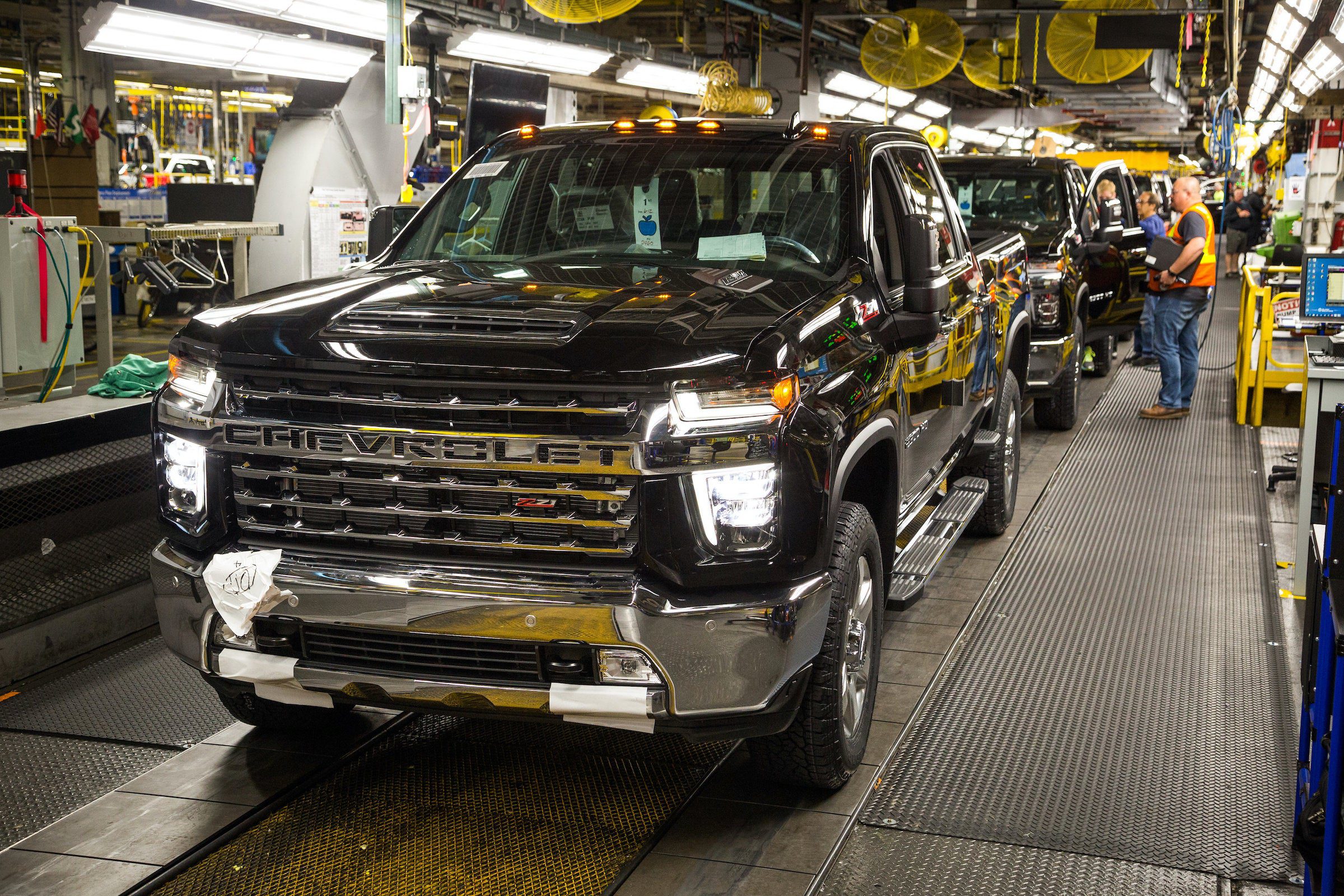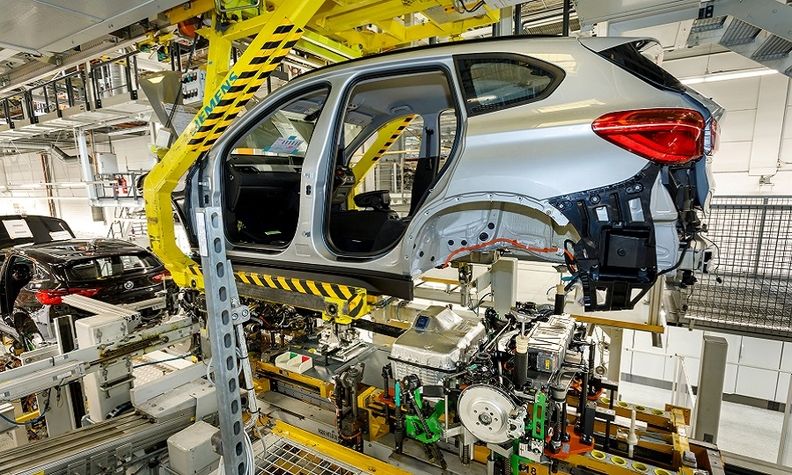Money
General Motors shuts down North American factories temporarily

Money
Wall Street hits record highs as markets shrug off Venezuela tensions
US markets hit record highs as investors shrug off geopolitical tensions, with the S&P 500 up 0.7% and Dow 1%.
Money
Dow hits record after U.S. military action in Venezuela
Dow Jones surged 600 points post-U.S. action in Venezuela, boosting energy stocks amid cautious gold futures rise.
Money
Wall Street eyes further gains in 2026 as rate cuts fuel optimism
Wall Street enters 2026 optimistic as falling interest rates and strong earnings drive stock market expectations amid economic resilience.
-



 Ticker Views3 days ago
Ticker Views3 days agoInside Trump’s strategy for post-Maduro Venezuela
-



 Shows4 days ago
Shows4 days agoMelbourne Airport’s evolving role as a city gateway
-



 News4 days ago
News4 days agoTeenagers among 40 killed in New Year’s Eve bar fire in Switzerland
-



 Tech1 day ago
Tech1 day agoCES 2026 Highlights: AI, robotics, and the future of innovation
-



 Money4 days ago
Money4 days agoWall Street eyes further gains in 2026 as rate cuts fuel optimism
-



 Tech1 day ago
Tech1 day agoCES 2026 opens with AI powering the future of tech
-



 News4 days ago
News4 days agoTrump blocks Emcore deal over Chinese takeover fears
-



 Money3 days ago
Money3 days agoDow hits record after U.S. military action in Venezuela








